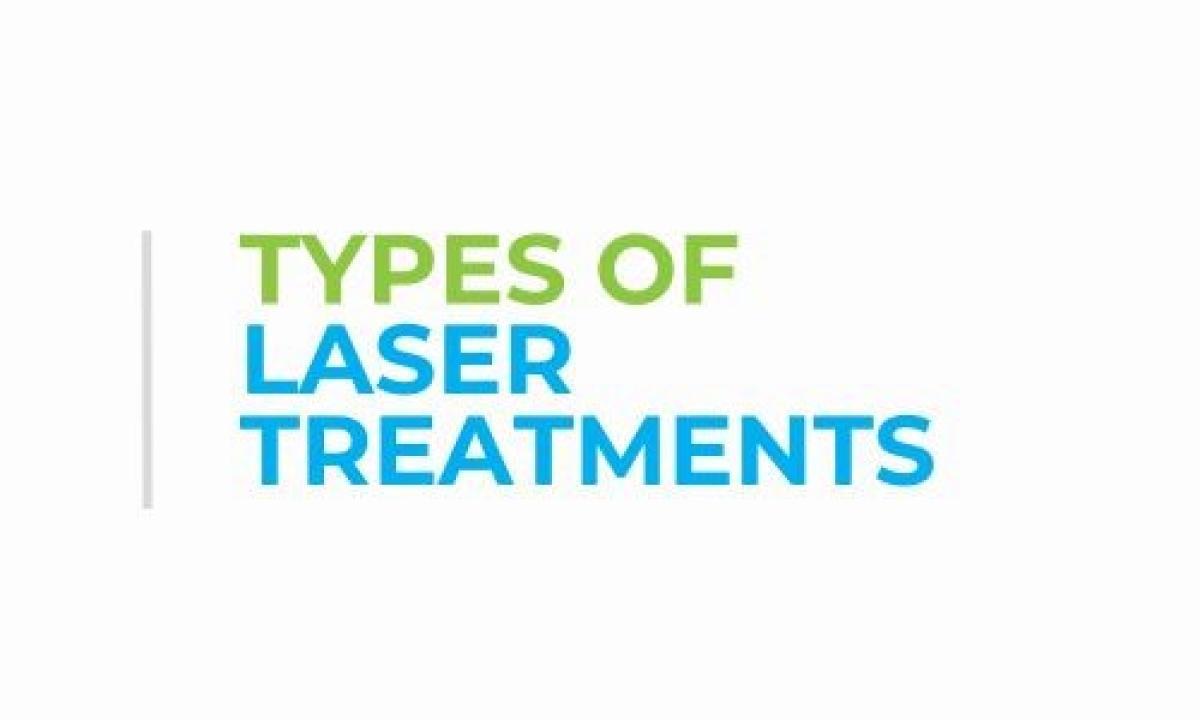Are you curious about laser treatments for your face but unsure where to start? With so many options out there, it can feel overwhelming to pick the right one. Let’s break it down in simple terms, so you can make an informed decision about what’s best for your skin.

Laser
Are you curious about laser treatments for your face but unsure where to start? With so many options out there, it can feel overwhelming to pick the right one. Let’s break it down in simple terms, so you can make an informed decision about what’s best for your skin.
Problem
Many people want smoother, younger-looking skin, but traditional methods can be time-consuming and less effective. Laser treatments offer a more efficient solution, but the variety of options can be confusing.
Agitation
You might be wondering: What are the different types of laser treatments available? How do they work? And which one is right for me? Without clear information, choosing the right treatment can feel like a daunting task.
Solution
In this guide, we’ll cover the main types of laser treatments for the face, explain how they work, and highlight what makes each one unique. By the end, you’ll have a clearer understanding of your options and feel more confident about your choice.
1. Ablative Laser Treatments
How It Works:
Ablative lasers remove the outer layers of damaged skin. They are effective for treating deep wrinkles, scars, and skin discoloration. The laser beam precisely vaporizes the skin to stimulate collagen production and new skin growth.
Common Types:
- CO2 Lasers: Known for treating deeper skin issues like wrinkles and scars.
- Erbium Lasers: Ideal for surface-level problems and minimal recovery time.
Recovery:
Expect a longer recovery period, ranging from one to two weeks. Your skin will need time to heal and regenerate.
2. Non-Ablative Laser Treatments
How It Works:
Non-ablative lasers target deeper layers of the skin without removing the outer layer. They are less invasive and have shorter recovery times. These lasers are great for improving skin texture and tone, and they stimulate collagen production over time.
Common Types:
- Nd:YAG Lasers: Effective for treating deeper skin layers, often used for hair removal and vein treatment.
- Alexandrite Lasers: Used for pigmentation issues and hair removal.
Recovery:
Non-ablative treatments typically have minimal downtime, making them a popular choice for those with busy schedules.
3. Fractional Laser Treatments
How It Works:
Fractional lasers create tiny columns of treated skin within the target area, leaving surrounding tissue untouched. This method promotes rapid healing and is used for both surface and deeper skin issues.
Common Types:
- Fraxel Lasers: Known for treating a variety of skin concerns like fine lines, pigmentation, and acne scars.
- PicoSure Lasers: Use ultra-short pulses to target specific areas with precision.
Recovery:
Recovery time is usually shorter than ablative treatments but can vary depending on the intensity of the treatment.
4. IPL (Intense Pulsed Light)
How It Works:
Although not a laser, IPL uses light energy to target pigmentation, redness, and hair follicles. It’s versatile and less intense than laser treatments.
Uses:
- Photo Rejuvenation: Improves skin tone and reduces redness.
- Hair Removal: Effective for reducing unwanted hair.
Recovery:
Recovery is minimal, with most people returning to normal activities immediately.
Final Thoughts
Customization is Key
Not all laser treatments are one-size-fits-all. Your skin type, color, and specific concerns play a big role in determining the best treatment for you. Consulting with a dermatologist who specializes in laser treatments can help you choose the most effective option for your skin.
Pre-Treatment Preparation
Before undergoing laser treatment, it’s crucial to prepare your skin. This may include avoiding sun exposure, stopping certain medications, and using specific skincare products. Proper preparation can enhance the effectiveness of the treatment and reduce side effects.
Post-Treatment Care
After laser treatment, following a strict skincare regimen is essential. This often includes keeping the skin moisturized, avoiding sun exposure, and using gentle skincare products to support healing and maintain results.
Potential Side Effects
While laser treatments are generally safe, they do come with potential side effects like redness, swelling, and temporary changes in skin color. Knowing what to expect can help you manage and mitigate these effects.
Laser treatments for the face offer a range of solutions for various skin concerns, from wrinkles and scars to pigmentation and hair removal. By understanding the different types of lasers and how they work, you can choose the right treatment for your needs. Remember, consulting with a qualified professional is the best way to ensure safe and effective results. For more detailed information and personalized advice, visit Bravia Derm.
 Subscribe today by clicking the link and stay updated with the latest news!" Click here!
Subscribe today by clicking the link and stay updated with the latest news!" Click here!








